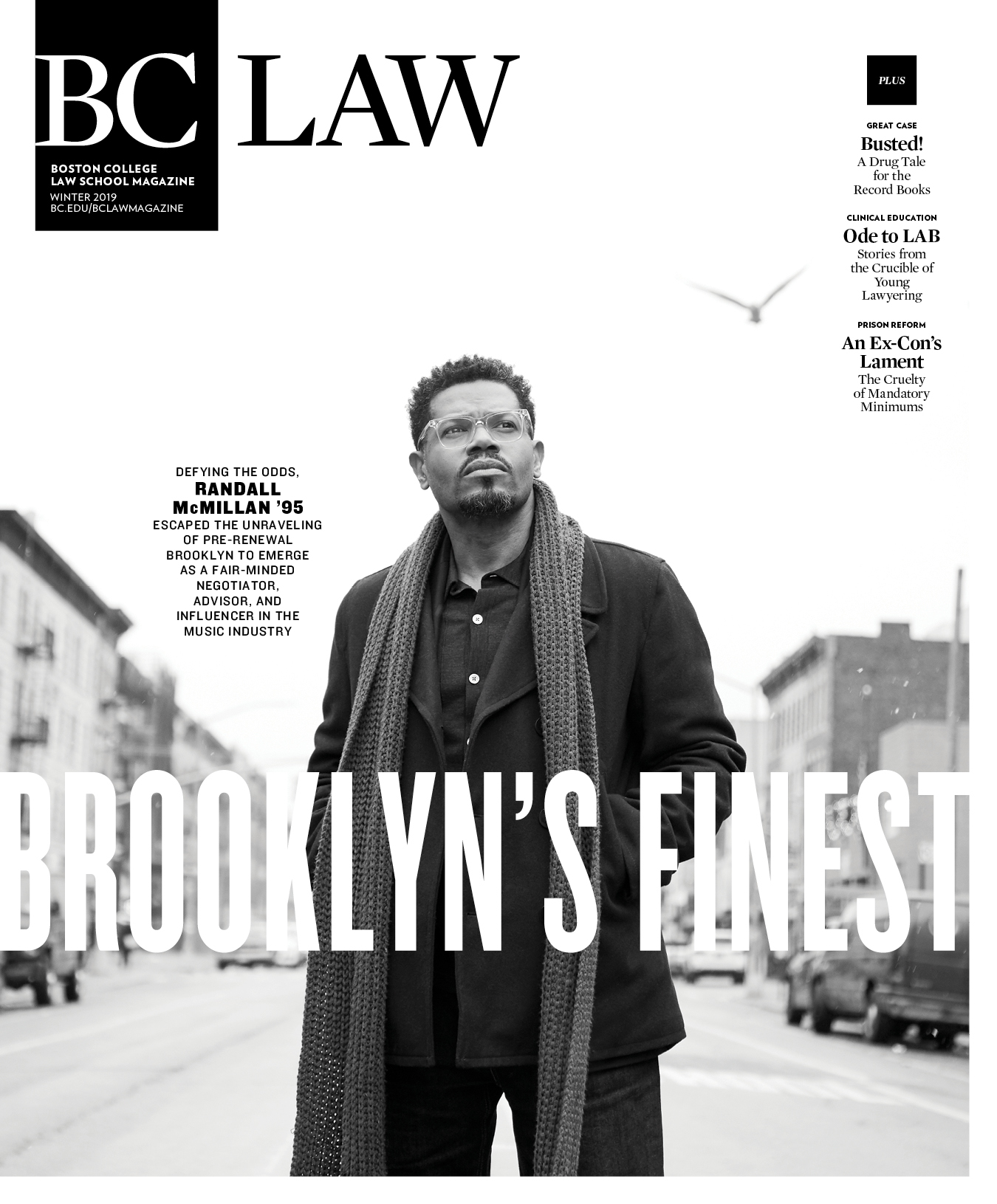The emergence of the #MeToo movementin the aftermath of the scandals surrounding movie mogul Harvey Weinstein and television personalities Roger Ailes and Bill O’Reilly has led to a rise in public scrutiny over the widespread use of non-disclosure agreements in settlements. These agreements can be incredibly pernicious contracts when they are used to silence sexual abuse. Allowing victims to speak out is a necessary form of prevention because it exposes the pattern of abuse, warns those who might become victims, and encourages others similarly situated to come forward with their own claims.
In response to the movement, a few states proposed legislation to prevent the enforcement of non-disclosure agreements involving a claim of sexual abuse. Given that these agreements can be beneficial to both abusers and victims, a complete ban on them is not desirable. Instead, we must look to alternative solutions that create accountability for abusers and their lawyers, while respecting victims’ preferences.
First, courts should take on a heightened role in regulating these contracts by scrutinizing them for unconscionability and determining if they were made under duress or against public policy. In common law jurisdictions, the judiciary and state legislators are generally unwilling to interfere with agreements made between two parties occupying relatively equal bargaining positions.
Settlement agreements in sexual abuse cases, however, are different, as sexual harassment itself is an abuse of power. Furthermore, although public policy recognizes some legitimate interests in keeping certain information, like trade secrets, confidential, there is no comparable public policy interest in concealing information about sexual abuse. This is further compounded by the fact that in egregious cases like that of Weinstein, the harassment is often coupled with criminal conduct such as assault, false imprisonment, rape, and battery. Public policy encourages reporting of such crimes, and contractual provisions that suppress information about such conduct undermine this policy.
Second, our state legislatures, instead of passing laws that would prohibit such agreements in cases of sexual abuse, should follow the leads of Florida and California in passing anti-secrecy laws. Florida’s Sunshine Act voids, as a matter of public policy, any agreement, including a private settlement agreement, that hides a “public hazard.” Arguably, egregious cases of sexual abuse, like that of Weinstein, can be characterized as a public risk and a safety hazard.
Furthermore, California’s Felony Sex law provides disciplinary consequences for attorneys who draft agreements that conceal a felony sex offense. When dealing with secret settlements in cases of sexual abuse, attorneys are required to choose between two competing ethical obligations: the duty to their client, and the duty to the public at large. But, they should not have to make this choice. Anti-secrecy laws can be drafted in a way that is wholly consistent with the existing ethical obligations of lawyers.
The #MeToo movement has made it clear that silencing victims’ speech means that sexual violence will never be settled. This is a moment of reckoning for us as a society, and we need to capitalize on this moment to show victims that they are not alone, and that the legal system works to protect them and other potential victims down the line, should they choose to speak out.
Vasundhara Prasad is the Editor in Chief of the Boston College Law Review. Her note, “If Anyone Is Listening, #MeToo: Breaking the Culture of Silence Around Sexual Abuse Through Regulating Non-Disclosure Agreements and Secret Settlements,” 59 B.C. L. Rev. 2507 (2018), lawdigitalcommons.bc.edu/bclr/vol59/iss7/8, was recently published in the Boston College Law Review.



